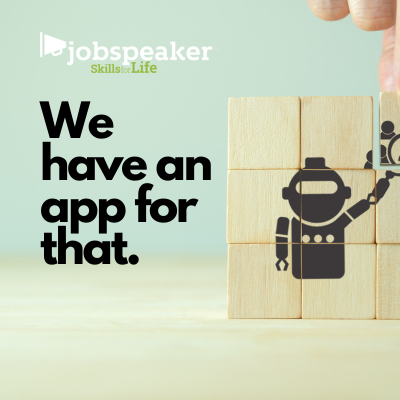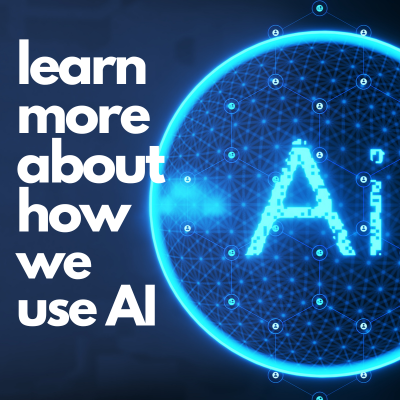by Rachel Layne and published by HarvardBusinessSchool.com
Companies have jobs to fill, and skilled candidates are looking for the right opportunities, but too often, technology stands between them. A report by Joseph Fuller and colleagues says that a career navigation system that meets four key imperatives could bridge the gap.
Artificial intelligence is changing the nature of work on a scale some predict will be as transformative as the Industrial Revolution. It’s also exposing the yawning gaps in a fractured US employment system that many companies and workers find difficult to navigate.
The situation demands a dramatic overhaul of how policymakers, educators, and employers devise, construct, and manage career pathways, which are the routes aspiring workers take as they graduate from education and training to gainful employment. A white paper from the Project on the Workforce at Harvard argues that such a transition is urgently required if more young people are to launch successful careers that will lead to economic security.
“WHAT’S LEFT ARE THE THINGS THAT ARE HARD TO AUTOMATE, CALLED FOUNDATIONAL OR HUMAN SKILLS.”
Even as unemployment hovers at historic lows, some 44 percent of US workers are trapped in low-wage jobs, the authors note. Those workers, along with younger first-time job seekers and adults reentering the workforce, are an untapped resource in the labor market. Many have the “soft skills” to complement emerging technologies, such as generative AI, that will shape how we work in the future, says Joseph Fuller, professor of management practice at Harvard Business School and a co-head of the project.
Fuller likens the shifting job demands to a melting ice floe. “What’s left are the things that are hard to automate, called foundational or human skills,” Fuller says. “They were already becoming more important at all levels of the labor force as we move from a more mechanical engineering, manufacturing economy to a post-industrial society. Retaining and cultivating those skills as part of learning on the job is becoming more important than ever.”
Waze app for career management
Fuller partnered on the work with scholars at the Project on Workforce including Kerry McKittrick, co-director; Ali Epstein, research project coordinator; and research assistants Sherry Seibel, Cole Wilson, and Vasundhara Dash. The team reviewed more than 350 pieces of research and consulted over 60 experts to paint a picture of the world of career navigation, and to draft recommendations for improving it.
The report calls for overhauling the systems now in place under a new umbrella: “career navigation.” For people trying to launch and successfully navigate a career, something akin to a Waze app for career management is needed, Fuller says.
Most aspiring workers have very limited access to information on the labor market—what jobs are available near them, what skills or credentials are required to qualify for consideration, and what they pay. As a result, they rely on data gleaned from job postings and social media and impressions from informal conversations.
“COMPANIES INVEST TENS OF MILLIONS OF DOLLARS ON USER EXPERIENCE FOR CUSTOMERS, BUT DON’T BRING ANY OF THAT DISCIPLINE TO APPLICANT EXPERIENCE.”
Or if you are ready to see how Jobspeaker can help, schedule a demo today!


